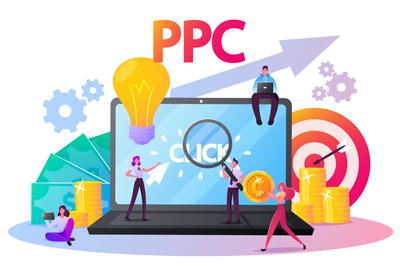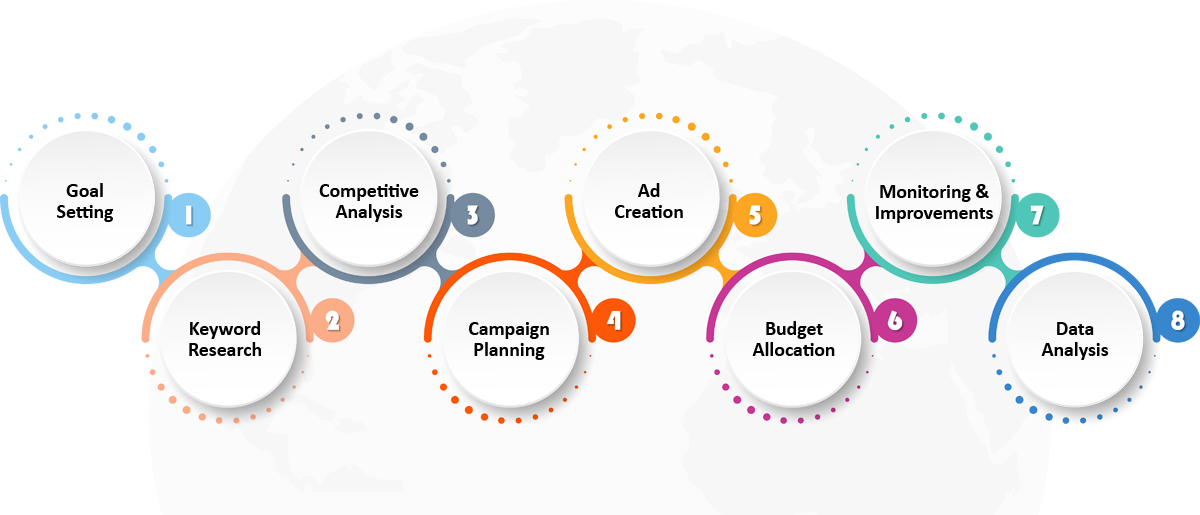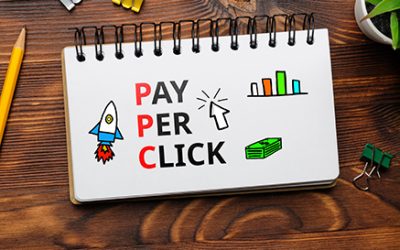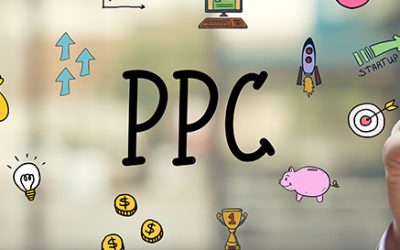Get a Custom Solution Today!
Transform Clicks into Customers with SEM and PPC Solutions
SEM (Search Engine Marketing) and PPC (Pay-Per-Click) services provide immediate visibility in search engine results, ensuring that businesses can reach their target audience right when they are actively searching for products or services. This results in a higher click-through rate and the potential for immediate conversions.
Need professional Search Engine Marketing (SEM) and PPC advertising services?
MedResponsive’s expert SEM and PPC services can help your brand rise to the top of search results, capturing valuable leads and driving revenue growth.

Benefits of SEM and PPC Services
- Immediate visibility
- Targeted advertising
- Controlled spending
- Measurable ROI
- Keyword precision
- Competitive edge
- Increased website traffic
- Brand exposure
Our Comprehensive SEM and PPC Campaign Management Services
Keyword Research and Analysis
We research and identify the most relevant keywords for advertising campaigns. By honing in on the precise keywords that potential customers are using to search, we ensure your ads are seen by the right people at the right time. We continually monitor keyword performance, adapting and expanding the list to optimize ad campaigns, lower costs, and drive better results.
A/B Testing
We systematically compare two versions of an ad or landing page to determine which performs better in terms of clicks, conversions, and other critical metrics. By conducting A/B tests, we gain valuable insights into what resonates with your target audience, allowing us to fine-tune your ad copy, creative elements, and landing page design for maximum impact.
Ad Copywriting
We create compelling ad text to attract clicks. Our experienced content creation team creates ad text that not only grabs the attention of your target audience but also communicates your unique value proposition effectively. We tailor our ad copy to resonate with the specific pain points and needs of your customers, driving higher click-through rates and better conversion rates.
Social Media Advertising
We use the power of social media platforms to create highly targeted ad campaigns that maximize engagement and conversions. Our expert social media management team crafts compelling ad content, including visually striking images, videos, and persuasive ad copy, designed to resonate with your specific audience. We ensure that your ads are seen by the right people at the right time.
Bid Management
We understand the intricate balance between bidding high enough to secure prominent ad placements and managing costs to stay within your budget. Our expert team employs advanced bidding strategies, leveraging data and analytics to optimize keyword bids in real time. This ensures that you’re not overpaying for clicks while still maintaining a competitive edge.
Shopping Campaigns
We specialize in creating and managing product listing ads (PLAs) that showcase your products directly to potential customers searching for products/services like yours. With attention to detail, we optimize your product data feed, ensuring that it’s not only accurate but also visually appealing. This is crucial for driving conversions in the competitive e-commerce world.
We optimize your ad campaigns for maximum ROI.
Call us at (800) 941-5527!
Our PPC Advertising Process
Our SEM (Search Engine Marketing) and paid search management involves certain key steps to create and manage effective online ad campaigns.
- Goal setting
- Keyword research
- Competitive analysis
- Campaign planning
- Ad creation
- Budget allocation
- Monitoring & improvements


Why Choose MedResponsive?
- Proven industry experience
- Targeted audience reach
- Data-driven strategies
- Customized campaigns
- Expert keyword optimization
- Cost-effective solutions
- Detailed performance reporting
- High ROI
- Dedicated support team
Boost your brand with SEM and PPC excellence!
Talk to our team at (800) 941-5527!
SEM & PPC FAQs
How do I know if SEM and PPC are right for my business?
SEM and PPC ads are suitable for a wide range of businesses, particularly those looking to boost online presence, generate leads, increase sales, or enhance brand awareness. It’s essential to analyze your marketing goals, target audience, and budget to determine if these services align with your objectives.
What platforms do you advertise on for these campaigns?
How much should I budget for these advertising methods?
How do you ensure my ads reach the right audience?
Can I track the performance of these campaigns?
How long does it take to see results with SEM and PPC advertising?
Recent Blog Posts
Seven Common PPC Mistakes to Avoid in Healthcare
In today's digital age, healthcare organizations are increasingly turning to pay-per-click (PPC) advertising to reach potential patients. With the right strategy, medical PPC marketing can be an effective way to drive relevant traffic, increase patient acquisition,...
5 PPC Trends That Will Shape 2025
In the ever-changing landscape of digital marketing, pay-per-click, commonly referred to as “PPC”, continues to remain one of the best advertising strategies for improving online visibility and customer base. Factors such as technological advancements, consumer...
The Significance of Creating Ad Groups and Keywords for PPC Campaigns
Pay-per-Click (PPC) advertising has emerged as a potent tool for businesses to reach their target audience effectively. However, achieving success in PPC campaigns goes beyond just creating compelling ads. The strategic arrangement of ad groups and the selection of...



